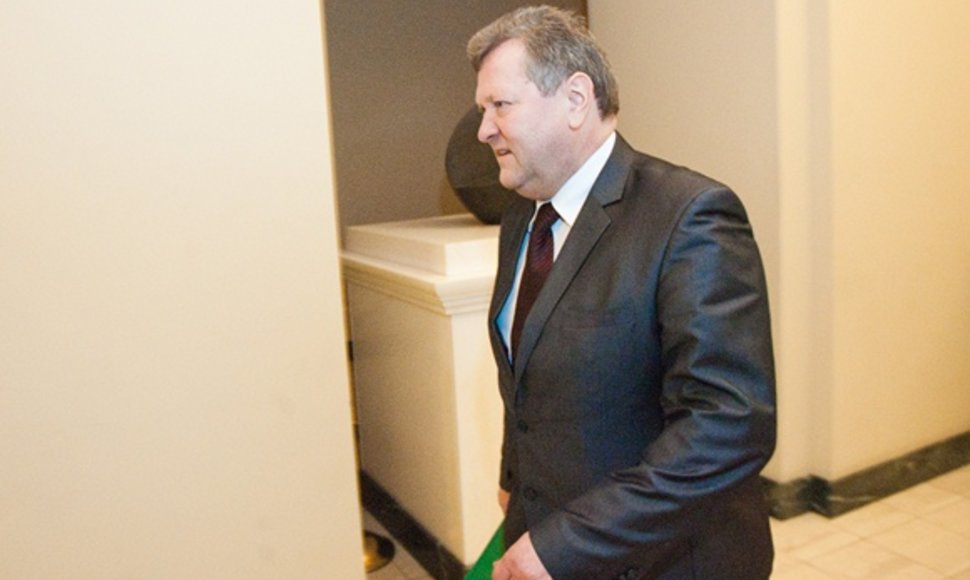"We have received some good news that there will be a special program for the Baltic states and that payments will increase. In Denmark on 5 June, we will sign a formal agreement with Germany on mutual support. With Berlin's backing, we will achieve our goals," he said in an interview with to the business daily Verslo Žinios.
Starkevičius, who was in London, could not be reached by BNS for comment on Tuesday.
Officials contacted by BNS either declined to comment or said that the minister had said something that should have not been made public. Not a single official in Vilnius and Brussels agreed to comment on whether a special program was being prepared for the Baltic countries and what agreement would be signed with Germany.
"Nothing has been agreed on. It is difficult to say anything. Germany now backs the Baltic countries and one of our aims, which is to increase direct payments. We hope that Germany will support us," an official at the Lithuanian Agriculture Ministry, who asked not to be named, told BNS.
A European Commission official said that Starkevičius' statement could be linked to what Paolo De Castro, the chairman of the European Parliament's Committee on Agriculture and Rural Development, had said during his visit to Vilnius in May.
De Castro then said that he would propose a direct payment procedure for the Baltic countries different to that proposed by the European Commission. He said that he understood Lithuania's concern about the planned lower direct payments, compared with those to other EU member states, and supported the idea of equalizing direct payments to farmers of all member states.
Lithuania has said that it is not satisfied with the European Commission's proposed funding for farmers in the 2014-2020 financial perspective. The Baltic agriculture ministers have agreed to seek equal direct payments to all EU member states.
Starkevičius and his Latvian counterpart, Laimdota Straujuma, have criticized the differences in direct payments in their countries and those in some other EU member states, such as Greece. Direct payments in Lithuania and Latvia amount to 140 euros per hectare, compared with 500 euros in Greece.
It is said that financial decisions on the 2014-2020 funding will be taken by the EU Council and will then have to be approved by the European Parliament. The parliament is to hold the first reading, which will set a basis for further discussion, on 18 to 19 June.
2012 05 23
Germany said to back Baltic states on more agriculture aid from EU
Lithuania expects to sign an agreement with Germany, which intends to support the Baltic countries in their efforts to secure more funding for agriculture in the EU's new financial perspective for 2014 to 2020, Lithuanian Agriculture Minister Kazys Starkevičius says.
Report mistake
Successfully sent
Thank you














